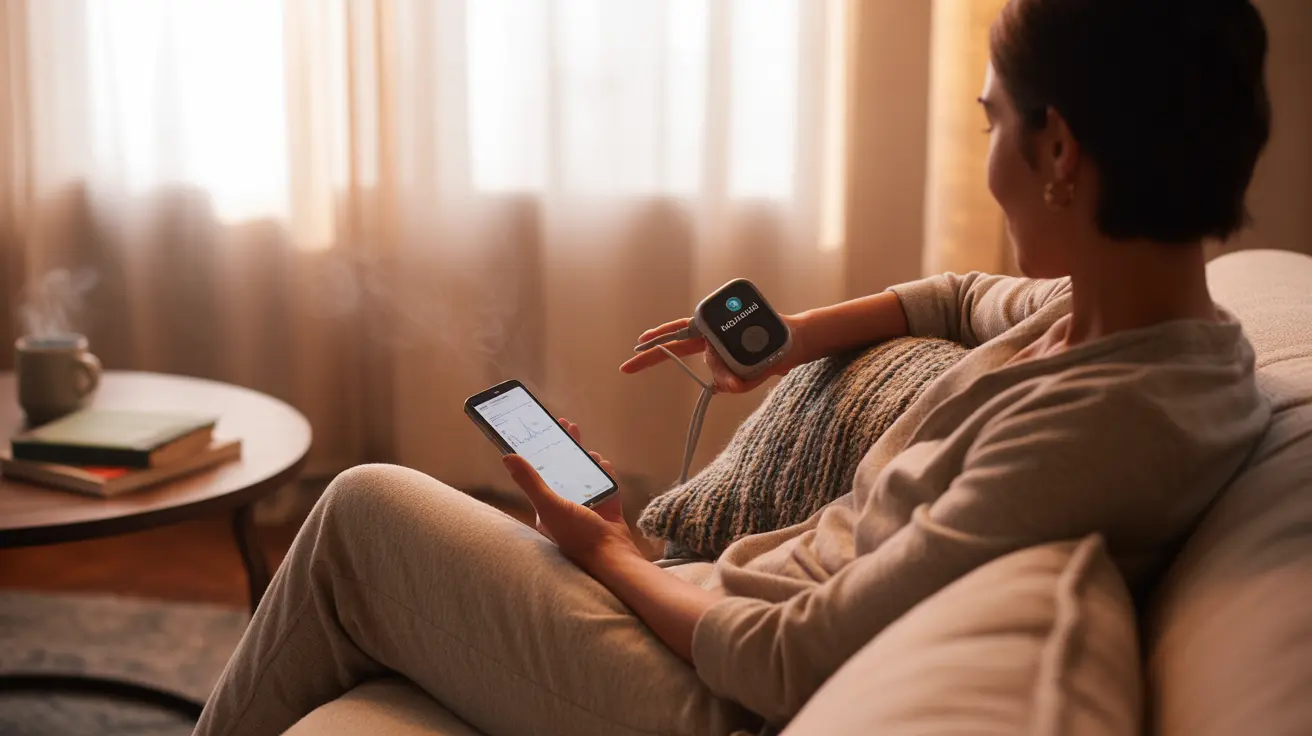Many women experience vaginal dryness while using hormonal birth control, which can affect both comfort and intimate relationships. Understanding the connection between birth control and vaginal dryness is crucial for managing this common side effect effectively. This comprehensive guide explores the causes, treatments, and when to consult healthcare providers about this condition.
How Birth Control Affects Vaginal Moisture
Hormonal birth control methods work by altering hormone levels in your body to prevent pregnancy. These hormonal changes can sometimes lead to decreased natural lubrication. The primary mechanism involves the reduction of estrogen levels, which plays a vital role in maintaining vaginal moisture and health.
The Role of Hormones
Birth control pills and other hormonal contraceptives contain synthetic hormones that can affect your body's natural hormone balance. These medications may reduce testosterone production and alter estrogen levels, both of which are important for maintaining vaginal lubrication and sexual response.
Managing Vaginal Dryness While on Birth Control
Several effective strategies can help address vaginal dryness while continuing your chosen birth control method:
- Use water-based lubricants during intimate activities
- Stay well-hydrated throughout the day
- Consider vaginal moisturizers for daily comfort
- Maintain good intimate hygiene without harsh products
- Discuss alternative birth control options with your healthcare provider
Types of Birth Control and Dryness Risk
Different forms of birth control can have varying effects on vaginal moisture levels:
- Low-dose pills may be more likely to cause dryness
- Higher-estrogen options might reduce dryness symptoms
- Non-hormonal methods typically don't cause vaginal dryness
- Progestin-only methods may have different effects than combined hormonal options
When to Consult Your Healthcare Provider
It's important to seek medical advice if vaginal dryness becomes persistent or significantly impacts your quality of life. Your healthcare provider can evaluate your symptoms and suggest appropriate solutions, which may include:
- Adjusting your current birth control method
- Prescribing vaginal estrogen treatments
- Recommending specific lubricants or moisturizers
- Checking for other potential underlying causes
Frequently Asked Questions
Can hormonal birth control cause vaginal dryness and what hormones are involved?
Yes, hormonal birth control can cause vaginal dryness primarily due to its effects on estrogen and testosterone levels. These hormones are crucial for maintaining vaginal lubrication, and when their natural balance is altered by birth control, dryness can occur.
What are the best ways to treat or manage vaginal dryness caused by birth control?
The most effective treatments include using water-based lubricants, vaginal moisturizers, staying hydrated, and discussing alternative birth control options with your healthcare provider if symptoms persist.
Are some types of birth control more likely to cause vaginal dryness than others?
Yes, lower-dose hormonal contraceptives and progestin-only methods may be more likely to cause vaginal dryness compared to higher-estrogen options or non-hormonal methods.
How long does vaginal dryness last after stopping hormonal birth control?
Vaginal dryness typically improves within a few weeks to months after discontinuing hormonal birth control, as your body's natural hormone production returns to normal levels.
When should I see a doctor about vaginal dryness while using birth control?
Consult your healthcare provider if vaginal dryness causes significant discomfort, interferes with daily activities or intimate relationships, or persists despite using over-the-counter solutions.
Remember that vaginal dryness is a common and manageable side effect of birth control. With proper attention and care, most women can find effective solutions while maintaining their chosen method of contraception.




